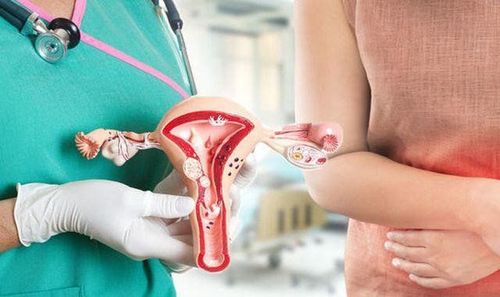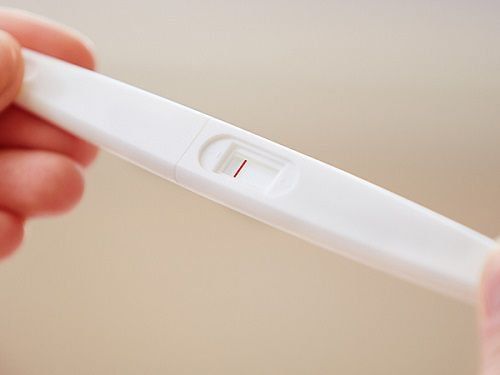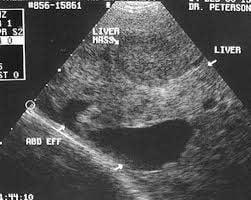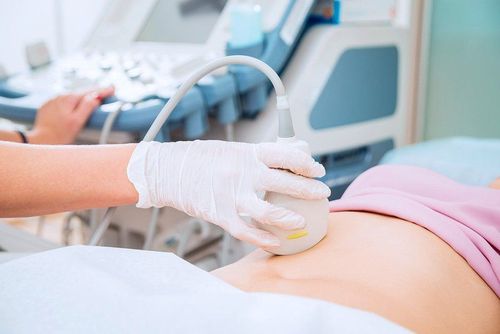This article is professionally consulted by Specialist Level I, MD Nguyen Dinh Hung, Radiology Specialist, Department of Radiology, Vinmec Hai Phong International Hospital,
And Master, MD Nguyen Le Thao Tram, Radiology Specialist, Department of Radiology, Vinmec Nha Trang International Hospital.
1. What is a hysterosalpingogram?
Hysterosalpingography (HSG) is an imaging diagnostic technique to visualize the inside of the uterus, fallopian tubes, and surrounding structures. This medical procedure is often performed on women experiencing difficulties in conceiving (infertility).
During the HSG, a contrast dye is injected into the uterus through a small tube inserted via the vagina. As the uterus and fallopian tubes are connected, the contrast dye flows into the tubes. X-ray imaging captures the movement of the contrast dye through the uterus and fallopian tubes.
The images can reveal abnormalities such as structural issues, injuries, or blockages that prevent eggs from passing through to the uterus. Blockages may also hinder sperm from reaching the egg for fertilization.
Additionally, HSG helps identify uterine issues that may prevent a fertilized egg from attaching to the uterine wall.

2. Purpose of hysterosalpingogram
HSG is indicated in the following situations:
• To check whether the fallopian tubes are open or blocked. This test is often performed for women with infertility.
• To detect abnormalities such as unusual uterine shapes or structures, polyps, injuries, fibroids, or foreign objects in the uterus. These issues often cause painful or irregular menstrual cycles or recurrent miscarriages.
• To evaluate the success of surgical procedures, such as tubal ligation.
3. When Should You Undergo Hysterosalpingography?
• If you have difficulty getting pregnant or have had multiple miscarriages, you should undergo hysterosalpingography (HSG)
• HSG helps effectively diagnose the causes of infertility. If you have previously undergone fallopian tube surgery, HSG is indicated to check if the surgery was successful.

• If you have had a tubal ligation (also known as fallopian tube closure), your doctor may order an HSG to ensure your fallopian tubes are closed.
• In the case of a ‘tubal ligation reversal’ procedure, HSG is also indicated to check if the reopening of your fallopian tubes was successful.
4. Does Hysterosalpingography Cause Menstrual Irregularities?
After undergoing HSG, doctors typically recommend using prescribed antibiotics. Additionally, patients are advised to avoid sexual intercourse for two weeks after the procedure and to use contraception during the month of the HSG to prevent infections, uterine cramping, or potential harm to a developing pregnancy if conception occurs.
An increase in vaginal discharge post-HSG may indicate pelvic inflammation due to not abstaining from sexual activity.
Menstrual irregularities, such as delayed periods, may occur after HSG. These delays can result from the effects of the contrast dye and antibiotics used post-procedure.
In most cases, such irregularities last for only a few days or during 1-2 menstrual cycles and then resolve on their own, so patients need not worry.

In cases of prolonged menstrual irregularities with severe symptoms, you might be experiencing gynecological issues rather than side effects from hysterosalpingography (HSG). Therefore, you should monitor any signs of delayed menstruation and your menstrual cycle. If the delay lasts for about a month, you should see a gynecologist for early examination and treatment.
Hysterosalpingography is one of the most advanced imaging diagnostic methods today, playing a significant role in identifying the causes of female infertility. Hysterosalpingography can cause menstrual disorders, which is a normal phenomenon due to the side effects of contrast agents and antibiotics. Most of these phenomena do not last long, but if there are any abnormal signs, you should visit a medical facility for timely examination.
Currently, Vinmec International Hospital, with the motto: Always putting the patient at the center, is committed to providing comprehensive and high-quality healthcare services to customers. The general hospital uses new generation mobile and fixed digital X-ray techniques from global medical equipment manufacturers such as GE, Toshiba, etc., as well as other modern techniques to diagnose and treat lung diseases.
With modern facilities meeting international standards, high-quality medical services, and a team of highly specialized and experienced doctors, we will bring optimal treatment results to our customers.
The hospital’s friendly environment and pre-operative, intra-operative, and post-operative care facilities meeting international standards will provide the most accurate diagnosis, treatment, and fastest health recovery.
To arrange an appointment, please call HOTLINE or make your reservation directly HERE. You may also download the MyVinmec app to schedule appointments faster and manage your reservations more conveniently.
To arrange an appointment, please call HOTLINE or make your reservation directly HERE. You may also download the MyVinmec app to schedule appointments faster and manage your reservations more conveniently.









